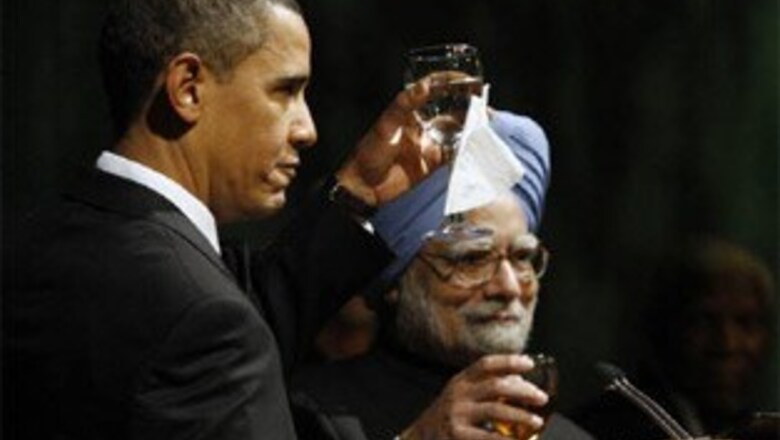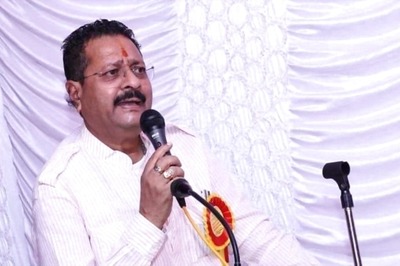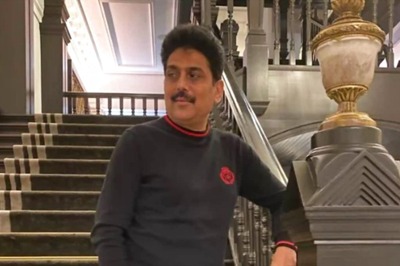
views
New Delhi: A day before Prime Minister Manmohan Singh goes to Copenhagen, India on Wednesday said the "numbers on the table" put up by developed countries for emission cuts are "disappointing" and pitched for "a comprehensive, effective and and equitable outcome" at the ongoing UN climate conference.
Foreign Secretary Nirupama Rao emphasised that India is not "a naysayer" and will play a "constructive role" in the climate change negotiations at Copenhagen.
"We are not naysayers. But India will stand up to protect and preserve its national interests. Developing countries are solidly behind us," Rao told reporters here amid deepening rifts between developed and developing countries over key issues relating to mitigation, technology transfer and finance.
"Prime Minister's participation at the Copenhagen Conference demonstrates how seriously India views the challenge of climate change and importance that we attached to intensifying international cooperation to address it," said Rao.
Rao, along with Prime Minister's Special Envoy on Climate Change Shyam Saran, will be among senior officials accompanying the prime minister to Cophenhagen on a two-day visit. Environment Minister Jairam Ramesh is already heading the Indian delegation at the summit.
Reiterating the basic tenets of India's position on climate change, Rao said India seeks "a comprehensive" outcome at Cophenhagen and wants "more ambitious" emission reduction targets by developed countries.
"Unfortunately, the numbers put on the table so far are disappointing," Rao said in response to a question.
"From the current state of negotiations, it appears that the developed countries are not prepared for a comprehensive outcome at Copenhagen that would bind them to fulfill the commitments for emissions reductions under Kyoto Protocol and the United Nations Framework Convention on Climate Change (UNFCCC)," she said.
Rao stressed that the issue at the heart of the UN conference in Copenhagen was how to advance the cause of sustainable development and issues of vital interest to developing countries like poverty alleviation and energy security.
Laying down red lines over "non-negotiable issues" over which India will not budge despite pressure from developed countries, Rao said that India will not accept legally binding emission cuts, a peaking period for emissions and will not allow domestic climate change actions financed by domestic funds to be brought under international scrutiny.
"We want an equitable outcome. We will not be able to negotiate on issues that are of concern to us," said Rao.
Rao made it clear that India will ensure that a political agreement does not become "a template for a new mandate that detracts from the Bali Action Plan and dissolves the fundamental differentiation in the nature of commitments/actions amongst developed and developing countries."
India has already announced that it would consider an emission intensity cut of 20 to 25 percent by 2020, but has made it clear that it would not be forced into accepting binding cuts in greenhouse gas emissions.



















Comments
0 comment